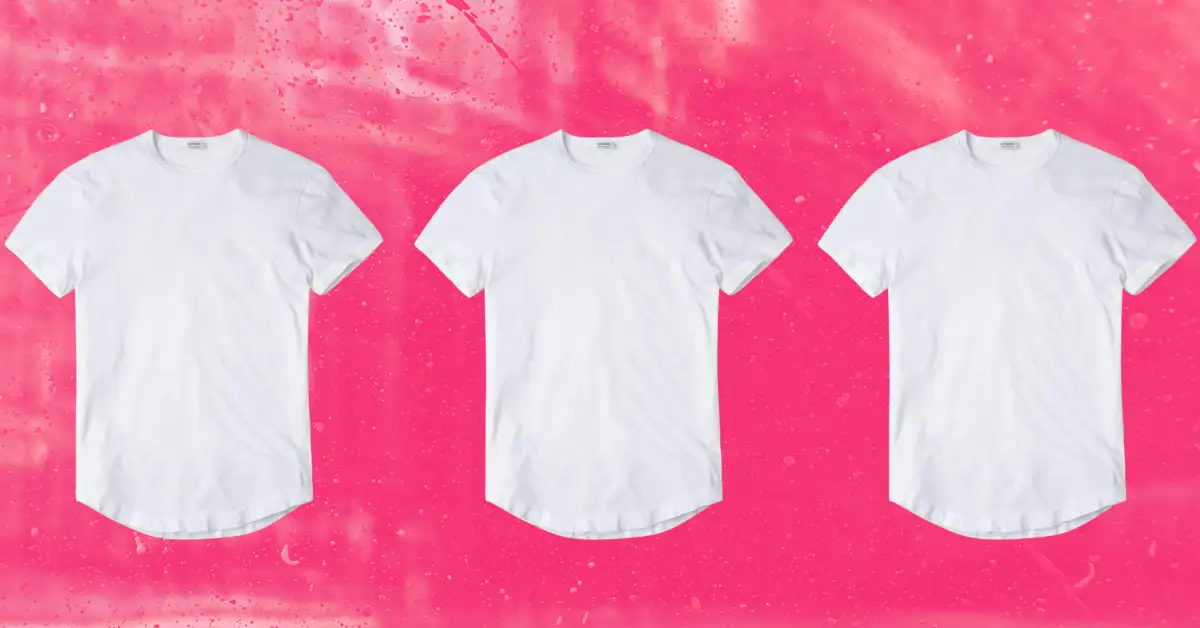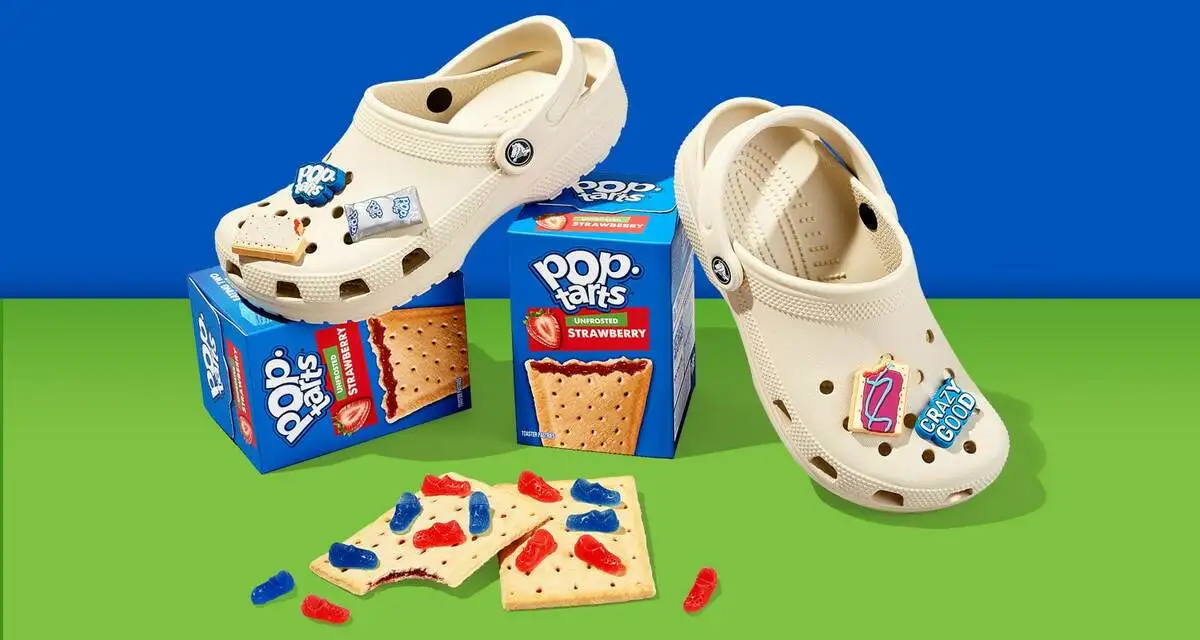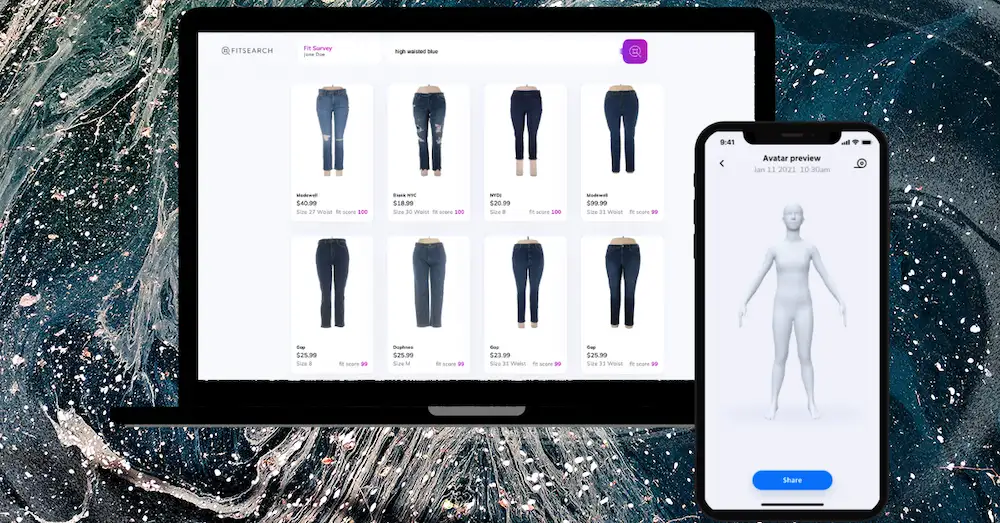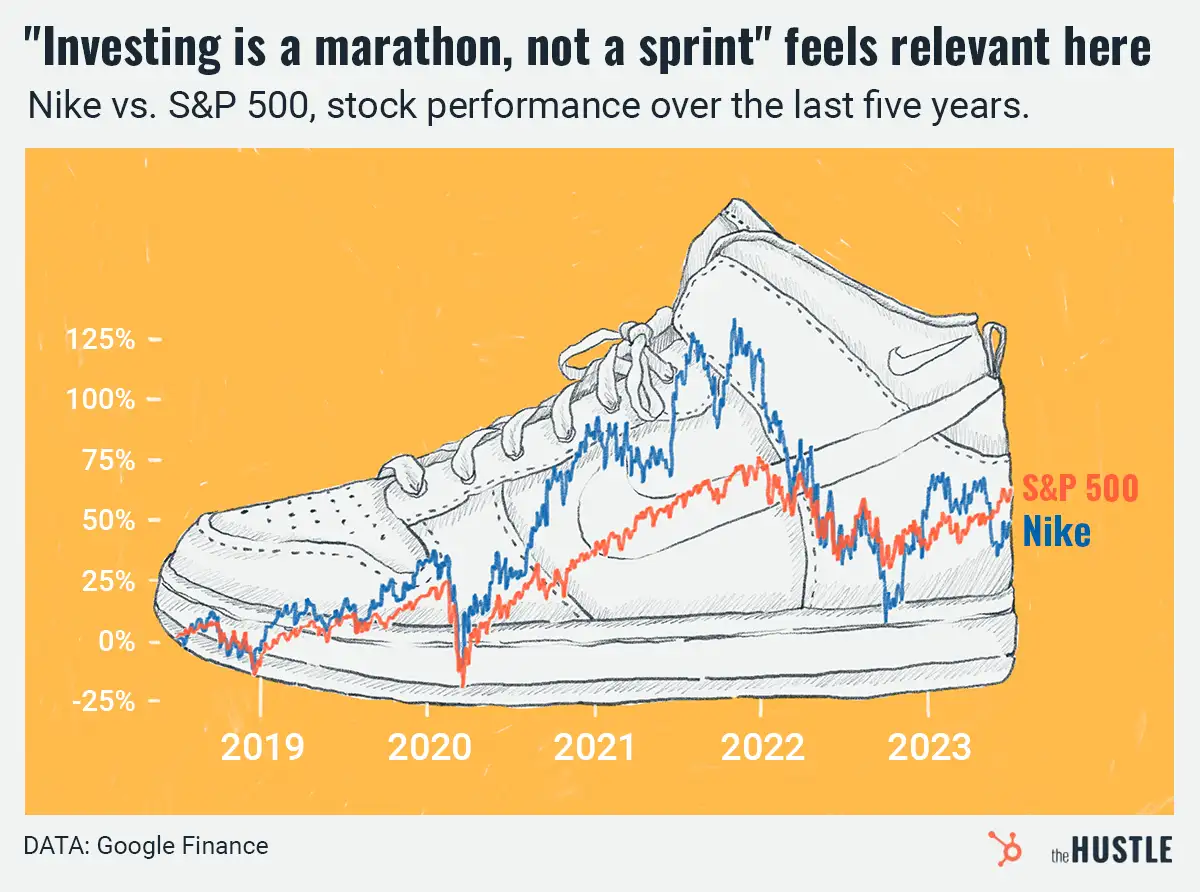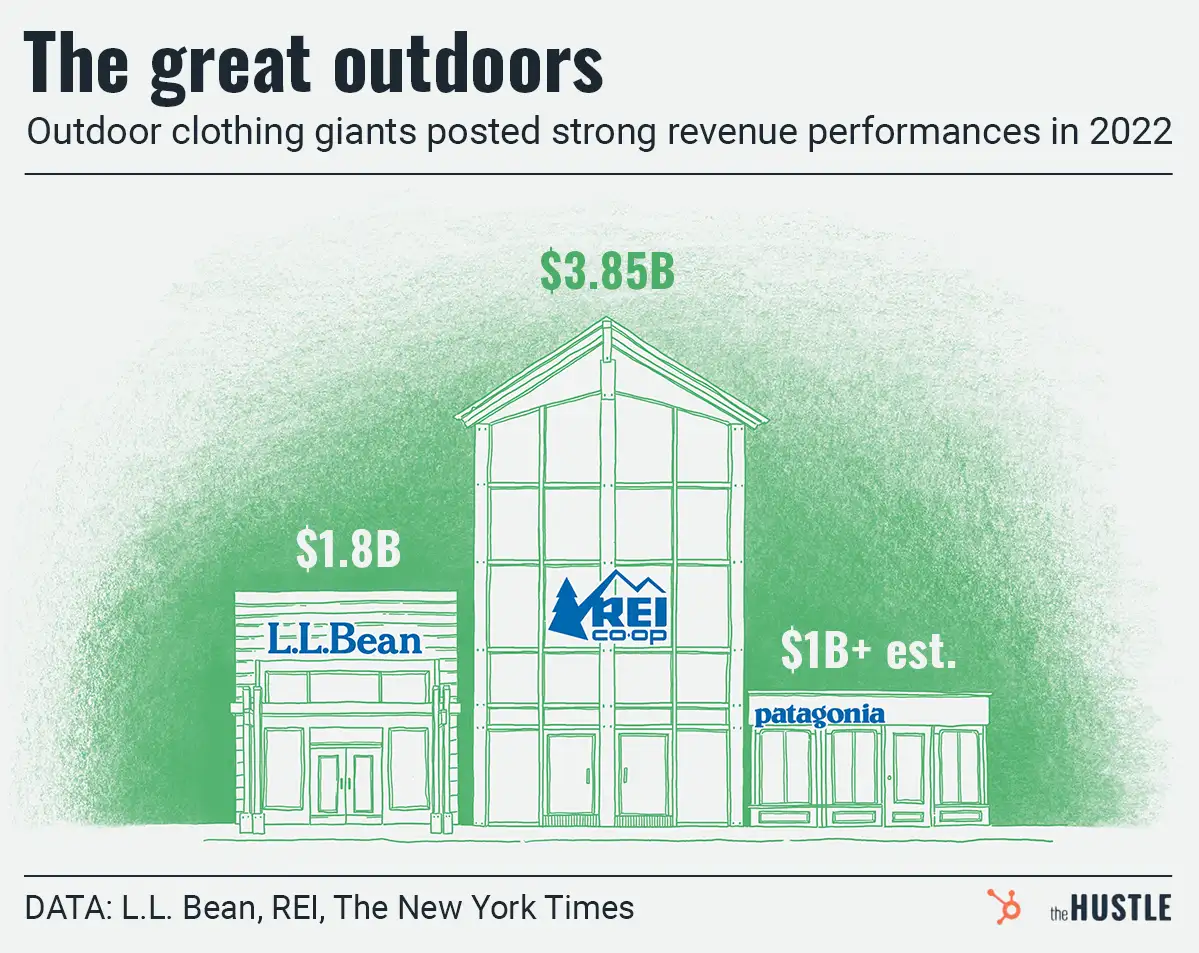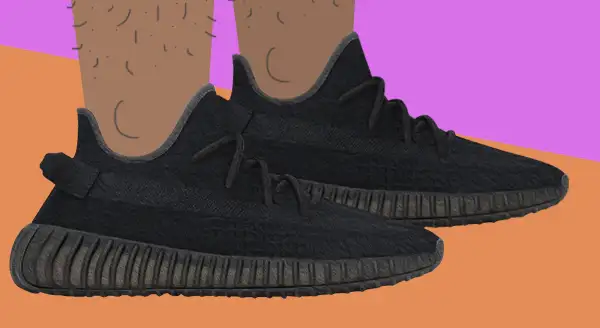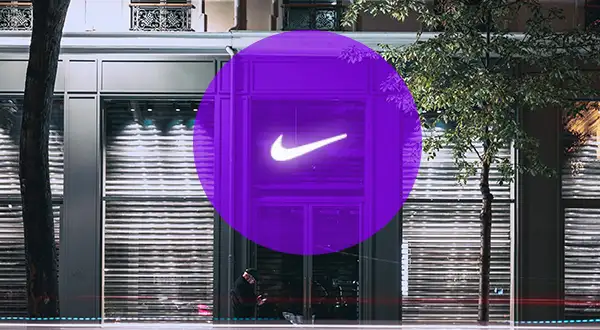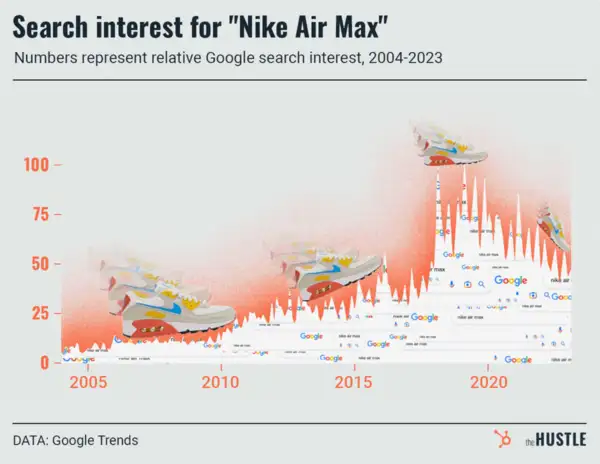Photo: Carlings
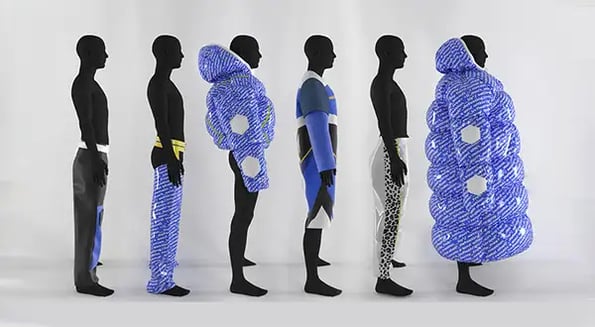
A company called Carlings offers a pair of high-fashion jeans for $22.04. Seems like a good deal, right?
But there’s a catch: The jeans are digital. (To be clear, that means they literally don’t exist in real life.)
So, what’s going on here?
Once sold, the company’s digital clothing is applied to photos submitted by users — which are then doctored to include the new clothing.
Here’s how it works, according to the company’s website:
- Take a picture of yourself;
- Choose a product from webshop;
- Upload your picture;
- 3D tailor adjusts your picture to feature your new purchase;
- Share on social.
And voila — an Instagram-worthy photo.
Then, somehow, it gets even weirder
The company — which, by the way, is a real clothing company based in Scandinavia — is positioning its “digital collection” as an environmentally responsible alternative to… real clothes?
A promo video on the digital collection’s page says: “Every second, the world wastes a garbage truck full of clothes.” Then, it says: “This is the digital clothing collection, with zero impact on the environment.”
Carlings seems to have launched its digital collection, at least in part, as a PR stunt to highlight the company’s focus on sustainability.
But other companies are also selling digital clothes
Another startup called The Fabricant has created a “digital denim” line in partnership with the denim giant Soorty.
Both Carlings and The Fabricant have also struck partnerships with physical retailers. Carlings and The Fabricant both participated in a London pop-up event called Hot Second that allowed customers to “try on” clothes with the help of a “digital tailor” and a specially designed “magic mirror.”
A few months ago, a blockchain-based dress made by The Fabricant sold for $9.5k.
And, after all, digital influencers like Lil Miquela and Janky and Guggimon are going to get high-fashion wardrobes somewhere…



